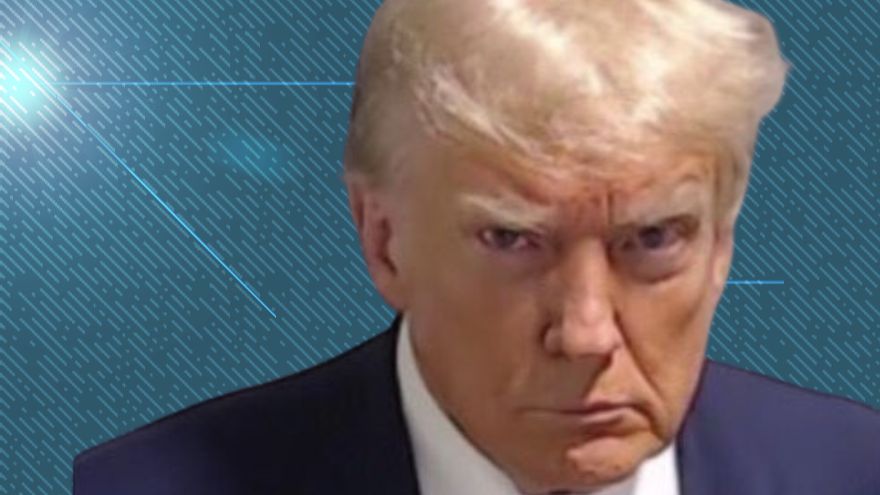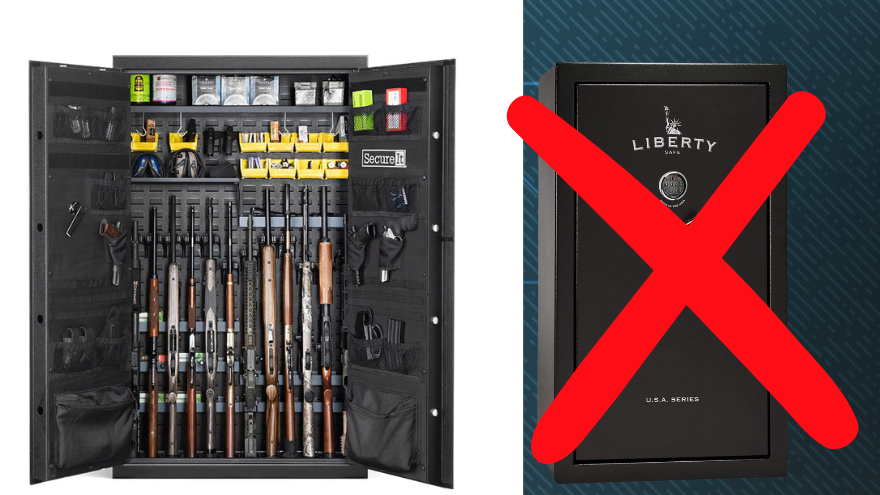Former President Donald Trump's legal team notified the judge in the Georgia election subversion case that they may try to move the case to federal court.
On August 14, Trump and 19 co-defendants were indicted by Fulton County District Attorney Fani Willis on 13 counts related to the state's claims that he attempted to overturn Georgia's election results. All of the defendants, including the former president, have been charged with violating Georgia's RICO (Racketeer Influenced and Corrupt Organization) Act.
Trump waived his right to an arraignment hearing and pleaded "not guilty" on August 31.
On Thursday, Trump's lawyer, Steven Sadow, notified the court that they may be seeking the move to federal court.
“President Trump hereby notifies the Court that he may seek removal of his prosecution to federal court,” Sadow wrote in the court filing. “To be timely, his notice of removal must be filed within 30-days of his arraignment.”
There are some potential benefits for Trump in moving the case from state to federal charges, specifically regarding the jury pool.
If the case remains in the state, the jurors will all be from Fulton County, which President Joe Biden won by a massive 47 points in 2020. A federal trial would have jurors from 10 counties surrounding Atlanta, an area which Biden won by 32 points.
The state judge has also agreed to televise the trial, which is less likely in a federal case.
Several of Trump's co-defendants are also considering attempting to have their cases moved to federal court, including former White House chief of staff Mark Meadows and former Justice Department official Jeffrey Clark.
If the case is moved, Meadows reportedly intends to assert constitutional immunity and seek to dismiss the charges.
The Hill explains, "The dispute over moving courts rests on three prongs: The defendants must show they were a federal officer, that the allegations relate to an act taken 'under color of such office' and that they have a plausible federal defense."
"Trump previously tried to move his charges in his hush money criminal case to federal court, but a judge rejected the move. Trump is now appealing that ruling," the report noted.

